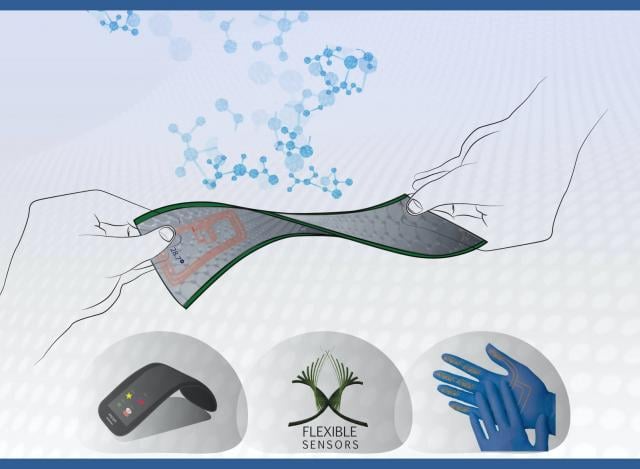MOOC List is learner-supported. When you buy through links on our site, we may earn an affiliate commission.

MOOC List is learner-supported. When you buy through links on our site, we may earn an affiliate commission.
By the end of the course, students will understand the fabrication, characterization, and manipulation of nanomaterials, nanosensors, and how they can be exploited for new applications. Also, students will apply their knowledge of nanotechnology and nanosensors to a topic of personal interest in this course.
Course Objectives
The course main objective is to enhance critical, creative, and innovative thinking. The course encourages multicultural group work, constructing international 'thinking tanks' for the creation of new ideas. Throughout the course, you will be asked to reflect upon your learning, think "out of the box", and suggest creative ideas.
The course is set to encourage the understanding of:
1. The importance of nanoscale materials for sensing applications.
2. Approaches used for characterizing sensors based nanomaterials.
3. Approaches used for tailoring nanomaterials for a specific sensing application.
4. Metallic and semiconductor nanoparticles.
5. Organic and inorganic nanotubes and nanowires.
6. Optical, mechanical and chemical sensors based on nanomaterials.
7. Hybrid nanomaterial-based sensors.
Syllabus
WEEK 1: Introduction to Nanotechnology, Part 1
WEEK 2: Introduction to Nanotechnology, Part 2
WEEK 3: Introduction to Sensors’ Science and Technology
WEEK 4: Metal Nanoparticles-based Sensors
WEEK 5: Quantum Dots Sensor
MOOC List is learner-supported. When you buy through links on our site, we may earn an affiliate commission.
MOOC List is learner-supported. When you buy through links on our site, we may earn an affiliate commission.
